A few days before I left China, a friend handed me two books by Eileen Chang, an author who for a long time had been on my list but who I never actually got around to reading. I read one of them, The Rice-Sprout Song, on my flight home from China nearly a month ago, and a day hasn’t gone by that I haven’t thought about it at least once. Although it came out in 1955 and there’s no need for yet another review, I had to put down a few thoughts.
The Rice-Sprout Song is set in China’s countryside during the early days of Mao’s tyranny, when “land reform” promised the rural poor great hope that would soon lead to the horrors of collectivization, famine and death on a scale that was until then unimaginable. It’s a desolate book about a terrible subject we all know about but have, in all likelihood, never truly experienced, hunger. Its metaphor for hunger is the watery gruel the poor eat for every meal as they slowly starve.
That this was Chang’s first English novel is extraordinary, it is so perfectly crafted, its characters so real and the language assured and perfect. The book has two heroes, a “model worker” in the village, Gold Root, and his wife Moon Scent. After many pages of bleakness, we detect the first hints of joy in Gold Root’s longing for Moon Scent, who has gone to work in Shanghai as a maid. He misses her so intensely he travels to Shanghai, his first time out of the countryside, to spend a few days with her, a sad event marked by Gold Root’s sense of isolation and awkwardness, his crushing poverty contrasted by “bejeweled ladies going to parties in their shiny silk gowns and high-heeled gold shoes.”
Chang tells how a cadre from the city is sent down to their village to live exactly as the peasants do and learn from them, and soon he, too, is starving. Only he has the resources to go to a nearby town and stuff himself with tea-boiled eggs, as he denies the hunger in his reports. He notes to himself that anyone who suggests there is truth to the whispers that the poor are starving will immediately be labeled a nationalist spy and put to death. Gold Root and Moon Scent are both doomed, victims of the insanity that grew out of Mao’s policies. Gold Root is outraged that officials deny that the peasants are starving to death. He will soon pay for his insistence on speaking the truth, dragging Moon Scent down with him.
The oddest character in the book is the village’s leading official, Comrade Wong, a jovial, likable man. Chang devotes many pages to humanizing him, telling how he met his beloved wife and how she left him, describing his loneliness and his knowledge that he will never rise from being a low-level functionary. We think Wong is a good man – and he probably is. But when the day comes that he meets with the starving peasants and tells them each must donate a pig as a gift to the army and prepare rice dumplings for the soldiers, we hate him with a passion. Gold Root cries out that they are literally starving, they have nothing. Wong beams with a wide smile and insists that surely they can accommodate this modest request for their country’s brave soldiers. It is the high point of the book and it marks Gold Root’s descent from “Model Worker” to an outraged, infuriated rebel clamoring for justice. Of course, he will soon be labeled a reactionary, and will be shot to death in the ensuing violence.
The words of my Chinese teacher in Beijing kept coming back to me as I read this book: her telling me how her family grew up hungry, and how no matter what the Chinese government did today, she and all other Chinese would feel unending gratitude that the days of hunger were over. Nothing matters when you are hungry; only food. Today, the Chinese people are no longer starving, and that shift, from starvation to having enough food on the table, was a seismic one. For anyone seeking to understand how the Chinese people can accept a government that censors, steals, enriches itself from the poverty of its people and thinks nothing of their human rights, I suggest they read this book. It doesn’t touch on any of these topics per se, but it shows you all too vividly what life was like not so long ago (and Chang’s account deals with China prior to the great famine; the horror was only just beginning). And then you look at China today, my teacher’s China. No matter what we think of the government, hundreds of millions who were starving saw their situations turn around. For some 200 million or so, their poverty stayed the same or became even worse, but for the vast majority, it was a new world: they had food. As you read The Rice-Sprout Song, it becomes clearer just why the government today is given so much latitude, whether it was the CCP that put food on the people’s tables or their own hard work once Mao’s insanities were thrown on the rubbish heap where they belonged. When you have gone from generations of hunger to having food, you’ve undergone a sea change, a miracle. There has been no other turnaround like it in the history of civilization. So I understand what my Chinese teacher was telling me, whether I agree or not.
Corrupt officials still terrorize the countryside, and perhaps they always will; the exploitation of the marginalized by the powerful is history’s oldest story. What this book does is make palpable the helplessness of China’s rural poor, placing the reader in their freezing huts as the government’s absurd decrees destroy their lives, chipping away at their dignity, ultimately killing them wholesale. In one of its most heartbreaking scenes, soldiers ransack their homes, stealing the very last bits of food they have hidden away. The peasants’ calamity is complete; they have no recourse, no hope, nothing but their hunger.
I read a number of books of China over the past few weeks and will try to put up some posts, hopefully briefer than this one, with my recommendations. In the meantime, if you’ve never read this book, which Chang wrote in English (another source of amazement), I urge you to get a copy. It can easily be read in a day or two, and it will leave you furious, anguished, dumbstruck and horrified. You’ll hear the voices of its characters in your head for a long time to come, and no matter how well you already understand the famine and Maoism and land reform, you will feel like you are right there, living the insanity. That is not a comfortable feeling, but one that will make your compassion for the Chinese people richer and deeper than ever before.
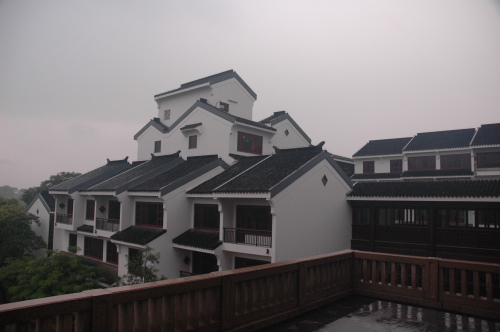
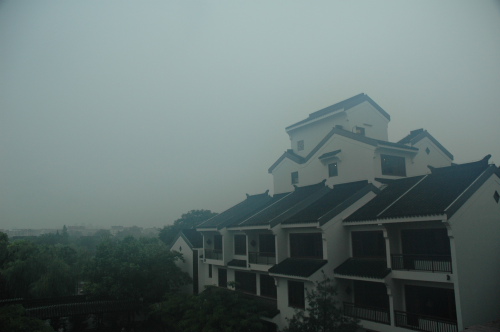
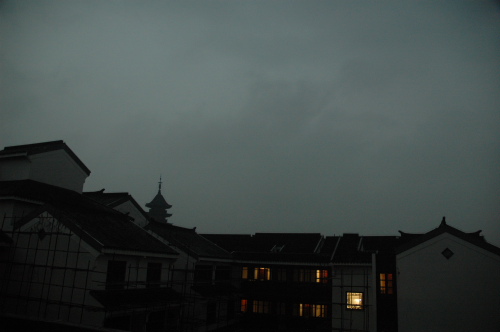
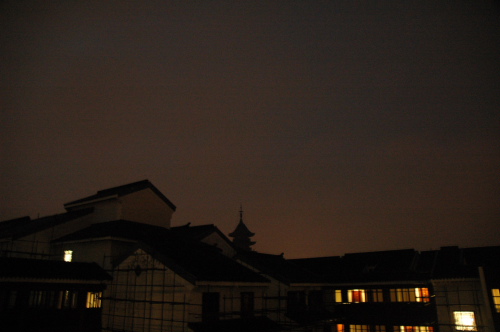
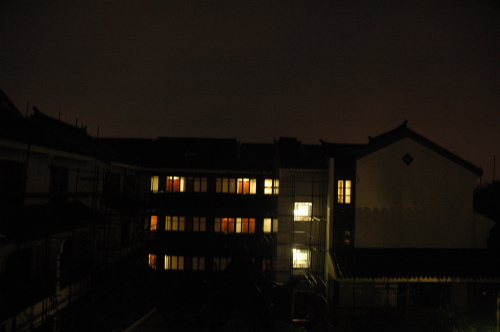
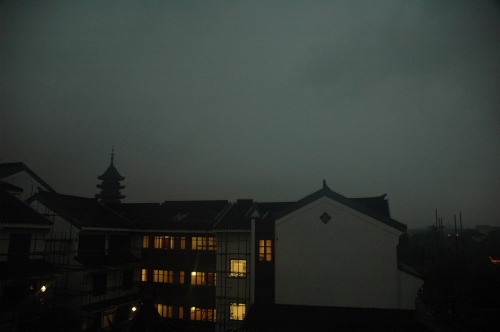
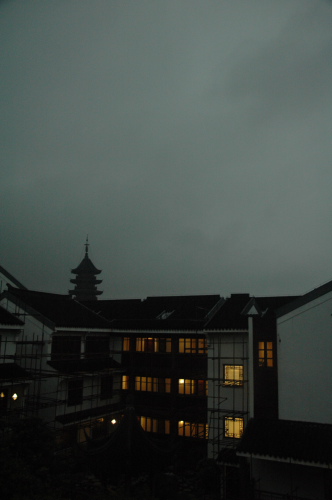

Comments